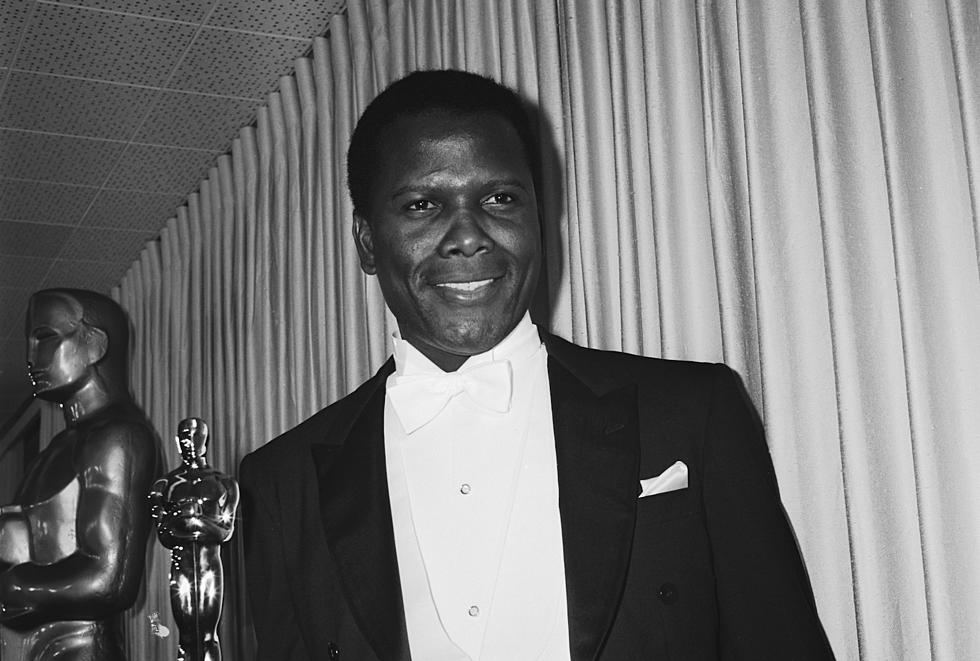
Ennio Morricone, Legendary Composer, Dies at 91
No list of the most famous music composed for movies is complete without at least one or two ... or five ... or ten scores by the great Ennio Morricone. Sadly, Morricone, the Italian master behind the music of The Good, The Bad, and the Ugly, Days of Heaven, The Thing, and so many more has passed away. According to The Hollywood Reporter, Morricone “died in Rome following complications from a fall last week in which he broke his femur.” Morricone was 91 years old.
Over a career that stretched across half a century, Morricone scored over 500 films, including seven for Sergio Leone. His collaboration with Leone resulted in many of his most famous pieces, including the theme from The Good, The Bad, and the Ugly, one of the most played, imitated, and hummed scores ever. Billions of people know this song, far more than have actually seen a spaghetti western.
Although The Good, the Bad, and the Ugly was Morricone’s most famous score for Leone, I’m personally partial to his work on the middle part of the “Dollars Trilogy,“ For a Few Dollars More. The twanging guitar intertwines with a solitary whistle, and then builds with chanting and a pulsing drum beat to an epic crescendo.
Morricone’s music is the sound most people hear in their minds when they think of spaghetti westerns, but Leone left a mark on many different genres. He worked several times with Brian De Palma, including on his popular update of the old television series The Untouchables.
Morricone also collaborated with director Gillo Pontecorvo on the music from The Battle of Algiers, one of the most influential war films of its era.
In recent years, Morricone’s work has been introduced to a new audience by Quentin Tarantino. For years, Tarantino reclaimed old Morricone music from spaghetti westerns and horror films in his own movies — like this piece from Death Rides a Horse that appears in Kill Bill.
Morricone wrote a song for Tarantino’s Django Unchained, and then wrote the full score for 2015’s The Hateful Eight, which won him his first Best Original Score Oscar. (Morricone had previously received an Honorary Oscar in 2007.) 87 years old at the time, Morricone became the oldest artist to ever win a competitive Oscar.
These are just a few dynamic examples out of literally hundreds I could have chosen to illustrate one of the greatest musical careers in cinema history. He may be gone, but Morricone’s music will continue to inspire and delight moviegoers forever.
Gallery — The Best Films of The Year So Far:
More From 97 ZOK










